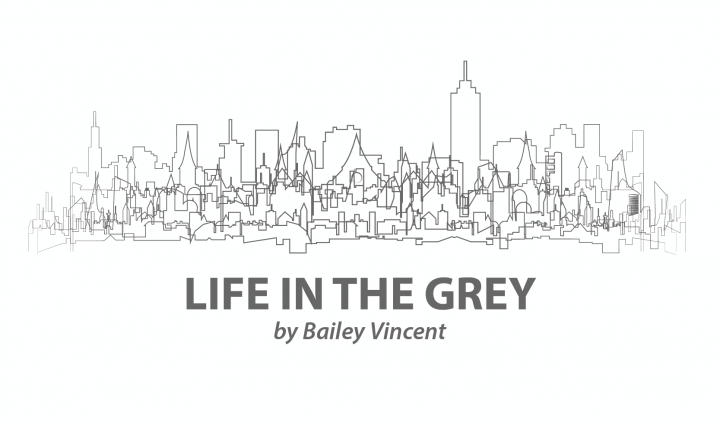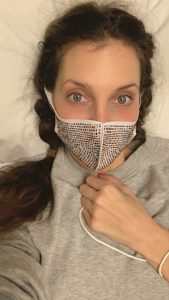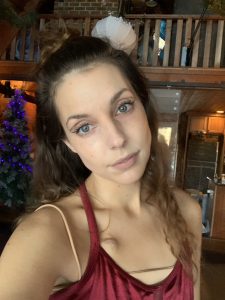Chadwick Boseman Is Still Dead, and We Need to Talk About It
Written by |

Chadwick Boseman is dead, and I’m going to write about it.
He has been dead for seven months now, so this isn’t breaking news. Even so, I remember exactly when it happened. It was the same day my Aunt Joyce died, and I remember thinking how strange it was that one death could be all over the news, while another went mostly unnoticed. Fame is funny that way. One life is not more important than another, but some come with more pressure.
Boseman, an actor known for portraying the Black Panther, James Brown, Jackie Robinson, and Thurgood Marshall, died unexpectedly of colon cancer. It was unexpected for fans, anyway. Obviously, he knew. He was only 43, and much of the movie world reacted with a “Wait, what?!”
As soon as he died, we asked, “But why didn’t he tell anyone?” Conversations morphed to topics of ableism, concealing sickness, and the “liability” labyrinth those with chronic illness face.
Recently, a friend messaged me and said, “How did I not know that Anton Yelchin had cystic fibrosis?” Most of us didn’t. The actor, often known for playing Chekov in several “Star Trek” movies, yet adored by me for playing Charlie Bartlett, didn’t make his illness public, either. Unlike Boseman, he was born with his disease, and likely had a lifetime of concealment to cogitate.
This is the case for a lot of working humans with long-term or terminal illnesses. “Do I tell my boss?” The answer, as you can clearly see, is often “no.” If either artist had told their franchise imperium that they might not last until the last take, would the company have taken a chance on them at all? It’s hard to know.
Talking about sickness is weird, but talking about death is weirder. Earlier, when I wrote, “He has been dead for seven months now,” did you wince a little? Did it feel harsh? It was. It is. Death isn’t passive.
We like to say things such as, “They passed on” or “They were lost” to try to soften the language, but the hard part about death is how hard it actually is. No amount of perfected prose can take away from the nothingness that is being taken away. You’re there, and then you’re not. And that’s not something we can write our way away from.
Cystic fibrosis sufferers know this already. In my mind, I have a running tally of the friends I’ve lost over the years, which I could recite for you without blinking. There’s no way any of us face this down — not Boseman with stage 4 cancer, or Yelchin with secret secretions — and keep it mum, unless we know what’s at stake. And why should that hold any bearing on what we create in the world? How we are seen? Who we are allowed to be?
We know what’s at stake. It’s why words like “death” in the second sentence of a column make us feel weird.
So, why write this now? To be honest, I wrote something seven months ago, too. And I mourned my Aunt Joyce. And I moved on. Like everyone does. Sure, maybe my family’s recent foray into Marvel has been reigniting this thought (staging our first-ever, timeline-order, one-film-per-night, avenging rewatch). Or, maybe it’s my friend’s rightful shock and awe at Yelchin’s CF. But it’s also the ever-present, burning query that never fully went away: “Why did he hide it?”
When will creating, contributing, and working as a sick person be as valuable as creating, contributing, and working when you’re not one?
Does my perspective make me less motivated, passionate, and creative as an employee, or (Easter egg alert: Here comes the truth) does it make me a better one?
How powerful would art and work and love be if we let people just be and feel valued for their talent, not their timeline?
None of this is guaranteed. We never know when tragedy could arrive — cells splintering off and going rogue, or 2015 Jeep Cherokees changing our fate forever. When will we stop underselling, overlooking, and devaluing those dreaming in different bodies, forcing them to pretend they’re living a life that isn’t the life they’re fighting so hard to live?
Hire us for who we are and what we make — not for what our bodies make you make of us.
We’re there, and then we’re not.
And that’s not something we can write our way away from.
***
Note: Cystic Fibrosis News Today is strictly a news and information website about the disease. It does not provide medical advice, diagnosis, or treatment. This content is not intended to be a substitute for professional medical advice, diagnosis, or treatment. Always seek the advice of your physician or other qualified health provider with any questions you may have regarding a medical condition. Never disregard professional medical advice or delay in seeking it because of something you have read on this website. The opinions expressed in this column are not those of Cystic Fibrosis News Today, or its parent company, Bionews, and are intended to spark discussion about issues pertaining to cystic fibrosis.









Gisele F Lapointe
I wish I could share on Facebook.